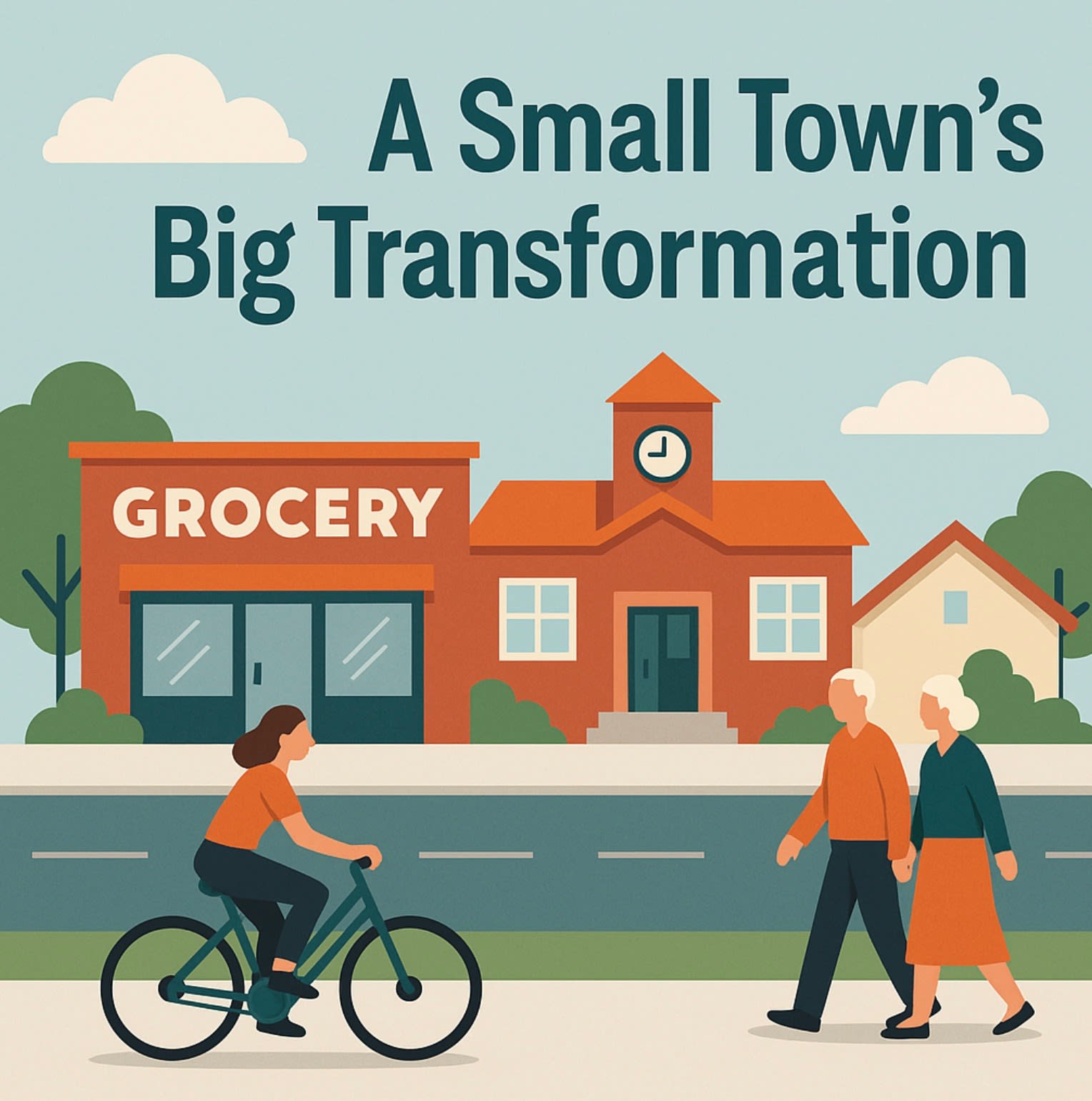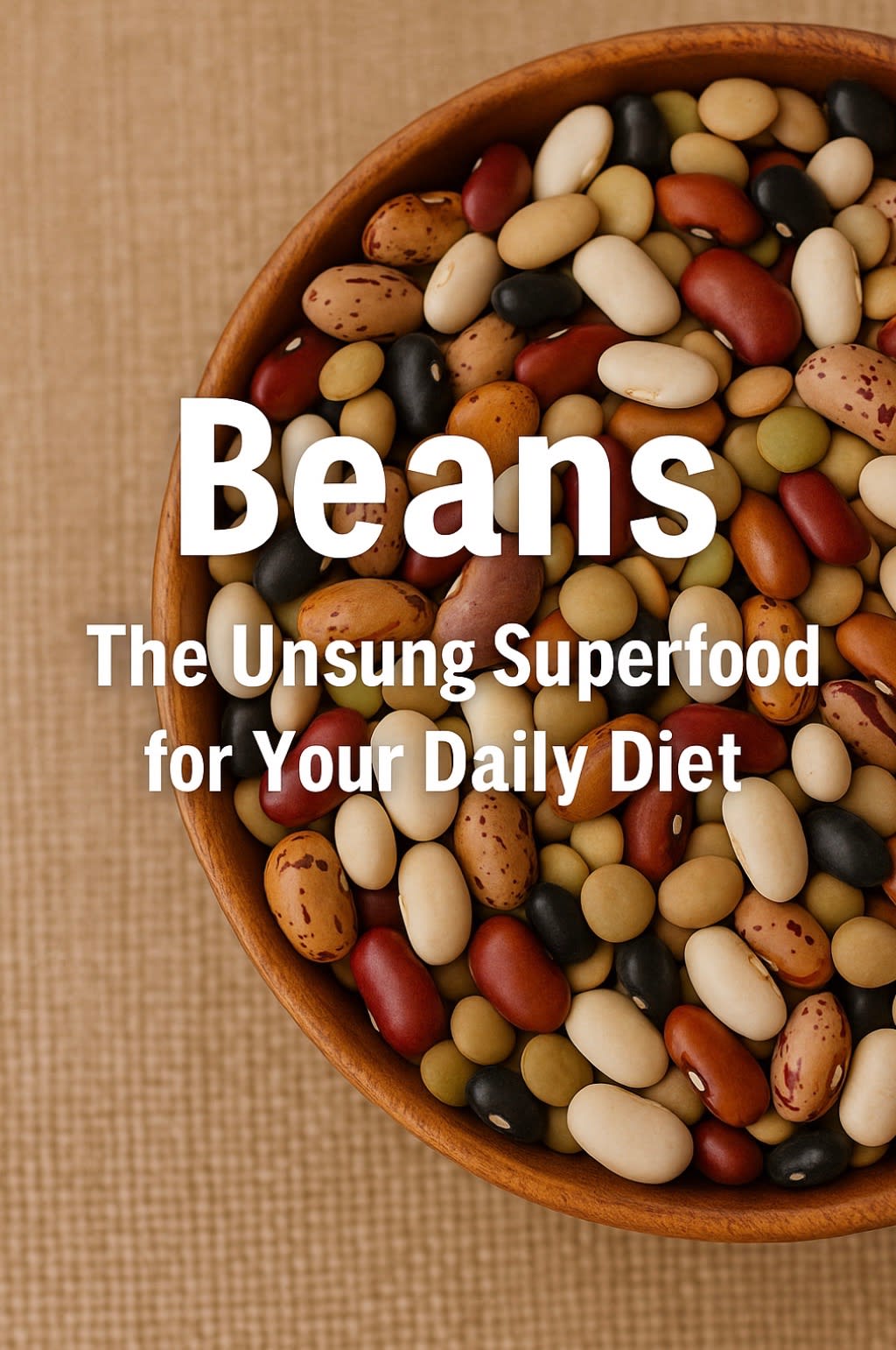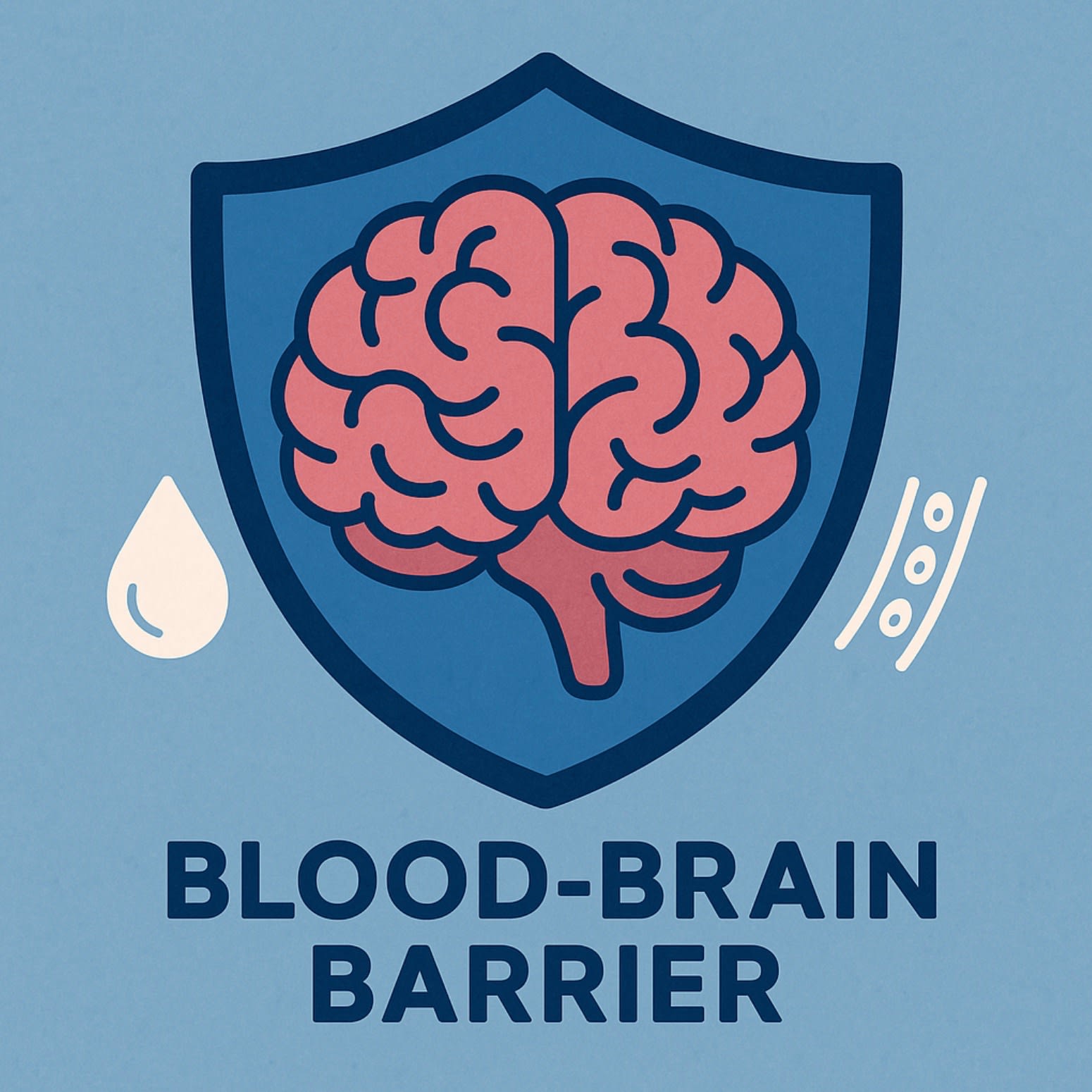The human brain is arguably the most complex and sensitive organ in the body. It controls thoughts, emotions, movement, memory, and our connection to the world. Protecting this vital command center is a natural filtration system known as the Blood-Brain Barrier (BBB)—a biological shield that prevents harmful substances from entering the brain while allowing essential nutrients to pass through. Understanding the blood-brain barrier isn’t just important for neuroscientists—it’s essential knowledge for anyone concerned about health, disease prevention, and the impact of substances on cognitive function.
Understanding the Blood-Brain Barrier
Understanding the Blood-Brain Barrier
🧠 Understanding the Blood-Brain Barrier: Your Brain’s High-Security System
The human brain is arguably the most complex and sensitive organ in the body. It controls thoughts, emotions, movement, memory, and our connection to the world. Protecting this vital command center is a natural filtration system known as the Blood-Brain Barrier (BBB)—a biological shield that prevents harmful substances from entering the brain while allowing essential nutrients to pass through.
Understanding the blood-brain barrier isn’t just important for neuroscientists—it’s essential knowledge for anyone concerned about health, disease prevention, and the impact of substances on cognitive function.
🔍 What Is the Blood-Brain Barrier?
The blood-brain barrier is a selectively permeable boundary that separates circulating blood from the brain's extracellular fluid in the central nervous system (CNS). It’s composed of tightly joined endothelial cells lining the capillaries in the brain, along with supporting astrocyte cells, pericytes, and a basement membrane.
These structures work together to tightly regulate what can pass from the bloodstream into brain tissue. Unlike most organs, which allow a relatively free exchange of substances, the BBB acts as a strict gatekeeper.
🏰 Why the Brain Needs Protection
Your brain is both precious and vulnerable. It has a high demand for oxygen and nutrients, but it also needs insulation from pathogens, toxins, and immune system responses that could cause inflammation or damage.
Because of this, the brain must balance accessibility with security. The BBB allows life-sustaining molecules like:
* Oxygen
* Glucose
* Certain amino acids
* Hormones (in regulated amounts)
…while blocking or limiting:
* Pathogens
* Heavy metals
* Neurotoxins
* Large or unapproved molecules
This barrier is especially vital during development, but it continues to protect the adult brain throughout life.
🧬 The Structure of the BBB: Tightly Sealed and Highly Selective
The main anatomical components of the BBB include:
* Endothelial Cells: Unlike those in other blood vessels, these cells are sealed by tight junctions, leaving virtually no gaps for passive diffusion.
* Astrocytes: Star-shaped glial cells that support endothelial cell function and regulate passage of molecules.
* Pericytes: Cells embedded in the basement membrane that help maintain BBB integrity.
* Basement Membrane: A structural matrix providing support and filtration.
Together, these components ensure the barrier is highly selective, allowing only approved substances through via:
* Passive diffusion (for gases like oxygen)
* Carrier-mediated transport (for glucose, amino acids)
* Receptor-mediated transcytosis (for hormones or peptides)
🧫 What Can Cross the Blood-Brain Barrier?
Despite its strictness, the BBB isn’t impenetrable. Several substances can and do cross the barrier—some beneficial, others potentially harmful.
Can cross:
* 🧪 Glucose (via glucose transporters)
* 💨 Oxygen and carbon dioxide (passively)
* 💊 Some drugs, especially if lipid-soluble (like antidepressants or anti-anxiety meds)
* ☕ Caffeine
* 🚬 Nicotine
* 🍭 Refined sugar (in the form of glucose and other simple carbs)
* 🌿 THC (the psychoactive compound in cannabis)
* 💉 Certain toxins and viruses under specific conditions
Cannot cross:
* Most bacteria
* Large proteins
* Many pharmaceuticals (especially water-soluble drugs)
* Immune cells (in most cases)
Scientists are constantly studying ways to safely bypass the BBB for drug delivery, especially in diseases like Alzheimer’s, Parkinson’s, or brain tumors.
⚠️ When the BBB Breaks Down: Risks and Conditions
While the BBB is a powerful defense mechanism, it’s not invincible. Certain diseases and conditions can disrupt its function, allowing harmful substances to leak into the brain.
Common factors that compromise the BBB include:
* 🧠 Traumatic brain injury (TBI)
* 💉 Chronic inflammation
* 🦠 Infections like meningitis or encephalitis
* 🧬 Genetic disorders
* 🧓 Neurodegenerative diseases like Alzheimer’s or multiple sclerosis
* 🔥 High blood pressure and chronic stress
* 🍺 Excessive alcohol or drug use
A damaged BBB can contribute to cognitive decline, increased risk of infection, and accumulation of neurotoxins in the brain.
🧪 The Blood-Brain Barrier and Drug Development
One of the biggest challenges in neurology and pharmaceutical development is finding ways to deliver drugs to the brain without disrupting the BBB.
Traditional chemotherapy, for instance, is largely ineffective against brain tumors because the molecules are too large to cross the barrier. Similarly, many treatments for epilepsy, depression, and neurodegenerative conditions face the same roadblock.
To overcome this, researchers are exploring strategies such as:
* Nanoparticles to transport drugs across
* Focused ultrasound to temporarily open the BBB
* Molecular Trojan horses (drugs attached to molecules recognized by BBB receptors)
* Intranasal delivery, bypassing the barrier via the olfactory nerve
These cutting-edge approaches are still in development but hold tremendous promise.
🧃 Everyday Substances That Cross the BBB
It’s important to recognize that what we consume daily can influence our brain directly if the substances are small and fat-soluble enough to pass through the BBB.
Let’s take a closer look:
☕ Caffeine
Blocks adenosine receptors, promoting alertness and temporarily delaying drowsiness.
🚬 Nicotine
Reaches the brain in 10 seconds and stimulates dopamine release, reinforcing habit and addiction.
🍷 Alcohol
Acts as a CNS depressant by affecting GABA receptors; too much can impair BBB function itself.
🌿 THC
Crosses the BBB easily, altering perception, mood, and cognition.
🍭 Refined Sugar
While sugar (glucose) is an essential brain fuel, refined sugar overstimulates dopamine pathways, contributing to brain fog, energy crashes, and long-term dysregulation of the brain’s reward system.
Understanding how these substances interact with the BBB helps us make smarter choices in our daily lives.
🥗 How Diet and Lifestyle Affect the BBB
You may not realize it, but your lifestyle directly influences the health and function of your blood-brain barrier.
Here are habits that support a strong BBB:
* 🥬 Eat a Mediterranean-style diet high in antioxidants, omega-3s, and fiber
* 🏃 Exercise regularly, which boosts circulation and brain-derived neurotrophic factor (BDNF)
* 🧘 Reduce stress through mindfulness or meditation
* 💧 Stay hydrated, as dehydration can affect cerebral blood flow
* 💤 Get quality sleep, which helps maintain barrier integrity
* 🧂 Limit sugar, salt, and processed foods, which promote inflammation
Research shows that a healthy gut microbiome also helps maintain BBB integrity, meaning that gut health and brain health are deeply connected.
🧠 The Gut-Brain-BBB Axis
Emerging science highlights a powerful three-way relationship between:
* The gut microbiome
* The central nervous system
* The blood-brain barrier
Gut bacteria produce short-chain fatty acids (SCFAs), neurotransmitters, and other compounds that influence brain function. A disrupted microbiome (from antibiotics, poor diet, or stress) can lead to leaky gut, which in turn may promote leaky brain—a compromised BBB.
This axis offers exciting new avenues for preventing cognitive decline, anxiety, depression, and even neurodegenerative conditions through nutritional and microbiome therapy.
🧬 The BBB Across the Lifespan
The blood-brain barrier doesn’t remain static. It evolves and adapts over the course of your life.
* 👶 In Infancy: The BBB is not fully developed at birth, making newborns more vulnerable to toxins and infections.
* 🧍 In Adulthood: It becomes more stable and protective, unless compromised by injury, infection, or disease.
* 🧓 In Aging: The barrier may thin or weaken, increasing risk of neurodegenerative diseases like Alzheimer’s and Parkinson’s.
Maintaining BBB integrity becomes more important with age, highlighting the value of a proactive lifestyle.
🧩 Final Thoughts: Protecting the Gatekeeper of Your Mind
The blood-brain barrier is one of your body’s most important defense systems. It allows your brain to function clearly, safely, and with minimal interference. But it’s not foolproof. Poor diet, chronic stress, toxins, and disease can break it down.
Here’s the takeaway:
* Know what affects your BBB
* Make choices that nourish it—through food, movement, and mindfulness
* Stay curious about how your environment and lifestyle impact your brain
Your mind is your most valuable asset. The blood-brain barrier is its first line of defense. Let’s treat it that way.
We respect your privacy and will never share your information.
You can unsubscribe at any time with just one click - no hassle, no questions asked.
Tim is a graduate of Iowa State University and has a Mechanical Engineering degree. He spent 40 years in Corporate America before retiring and focusing on other endeavors. He is active with his loving wife and family, volunteering, keeping fit, running the West Egg businesses, and writing blogs and articles for the newspaper.
Leave a Comment 👋
Leave a Comment 👋
Leave a Comment 👋
Leave a Comment 👋

A Small Town's Big Transformation
In a world obsessed with miracle diets, fitness apps, and pharmaceutical breakthroughs, one small town quietly rewrote the rules on wellness—and in the process, transformed lives. Albert Lea, Minnesota, a modest community with an aging population and a rising tide of healthcare costs, made a bold decision: instead of telling people to live healthier, they changed the environment so that health happened naturally. This is the story of how one town sparked a national movement—without a single new drug, diet fad, or wearable device.

Beans: The Unsung Superfood
When you think about powerhouse foods that boost health, beans might not be the first thing that comes to mind. But don’t underestimate them. Beans are one of nature’s most nutrient-dense, affordable, and versatile foods. Whether you want to improve your heart health, manage your weight, or add more plant-based protein to your plate, beans can help you do it all. This article explores the many benefits of incorporating beans into your daily meals, the different varieties available, and easy, delicious ways to make beans a staple in your diet.
